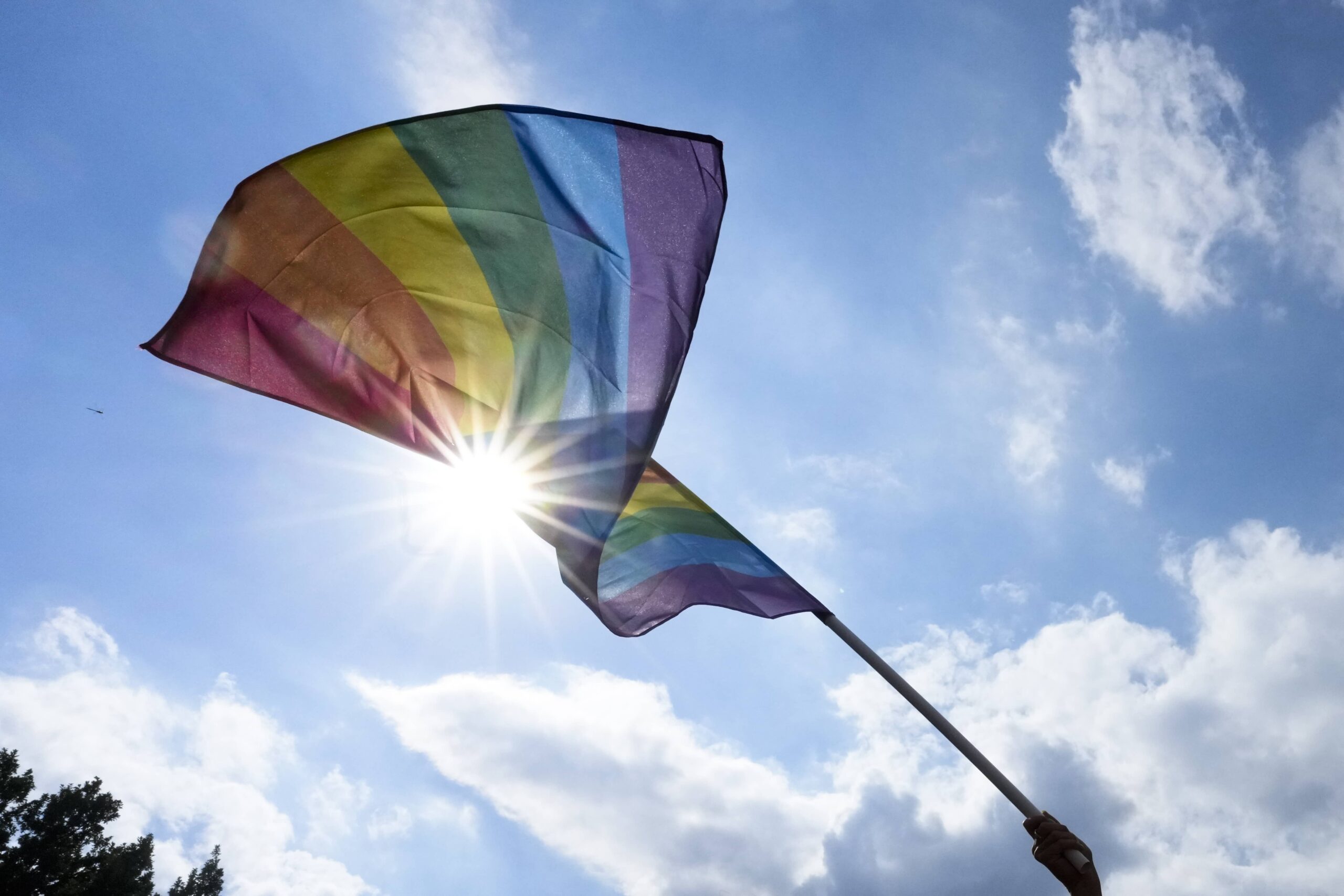This week, Slovenia became the first country in Eastern Europe to legalize both same-sex marriage and the adoption of minor children by same-sex couples.
On October 4, lawmakers in the Slovenian Parliament voted to pass an amendment guaranteeing marriage and adoption rights for same-sex couples. Forty-eight parliamentarians voted in favour of the proposal, 29 opposed the legislation and just one abstained from voting, according to the TV network Euronews.
“With these changes, we are recognizing the rights of same-sex couples that they should have had for a long time,” said Slovenian state secretary Simon Maljevac in bringing the motion forward.
The move follows a historic decision from the Constitutional Court of Slovenia in July, which found in a 6-3 ruling that prohibiting same-sex marriage and adoptions violated a constitutional prohibition against discrimination. Judges ordered parliament to amend the law within six months to allow same-sex partners the same legal status and protections as other couples.
LGBTQ+ groups in Slovenia celebrated the milestone following decades of advocacy on the part of queer and trans activists.
“After more than 30 years of demands for legal recognition of same-sex partnerships, we are finally closer to actual equality,” said the Slovenian human rights group Legebitra in a statement posted to Facebook. “We are happy that the MPs supported the changes to the Family Code with a majority of votes and finally equalized the rights of same-sex couples in marriage and equal treatment in adoptions.”
This week’s parliamentary vote makes Slovenia officially the first formerly communist country from the Eastern Bloc to legalize same-sex marriages and adoptions. Croatia, the Czech Republic, Hungary and Montenegro all have laws that recognize same-sex civil partnerships, and in 2016, a district court in Estonia ruled that the government must recognize the marriage of a same-sex couple who tied the knot in Sweden. Estonia has yet to legalize relationship recognition for LGBTQ+ partners.
Slovenia’s move stands in stark contrast to many of its Eastern European neighbours, which have taken increasingly strict stances against LGBTQ+ people in recent years.
Last June, Hungary passed a law banning the promotion of “homosexuality or gender change” to minors in media, advertisements or classroom materials. Styled after Russia’s 2013 “propaganda” law, the legislation threatens fines against children’s books that depict same-sex families and television shows with LGBTQ+ characters. Under Hungary’s statute, sitcoms like Friends and Modern Family are no longer allowed to be broadcast in prime time, while queer-inclusive films are rated as for adults only.
Under Prime Minister Viktor Orbán, Hungary has also banned same-sex adoption, ended legal gender recognition for trans people and redefined marriage in the national constitution as a union exclusively between a man and a woman.
Poland has also gone down a similar path as Hungary as Eastern Europe increasingly embraces far-right reactionism. Although its parliament has not yet enacted a proposed “propaganda” law passed by the House earlier this year, over 100 cities and municipalities in Poland have since 2019 passed largely symbolic ordinances declaring themselves “LGBT-free” zones. The country has also proposed banning LGBTQ+ adoptions, even for single queer people.
During his 2020 reelection campaign, Poland’s president, Andrzej Duda, called for a same-sex adoption ban, saying that “children must be safe and protected from adoption by same-sex couples.”
By moving in the opposite direction of Hungary and Poland, Slovenia becomes the 18th European country to legalize same-sex marriage. LGBTQ+ people also enjoy many other rights in Slovenia: gay and bisexual men are able donate blood without a deferral period, and discrimination on the basis of sexual orientation is illegal in both housing and employment. The country has yet to ban anti-trans discrimination in those contexts, although trans people have the ability to legally correct their gender.


 Why you can trust Xtra
Why you can trust Xtra


